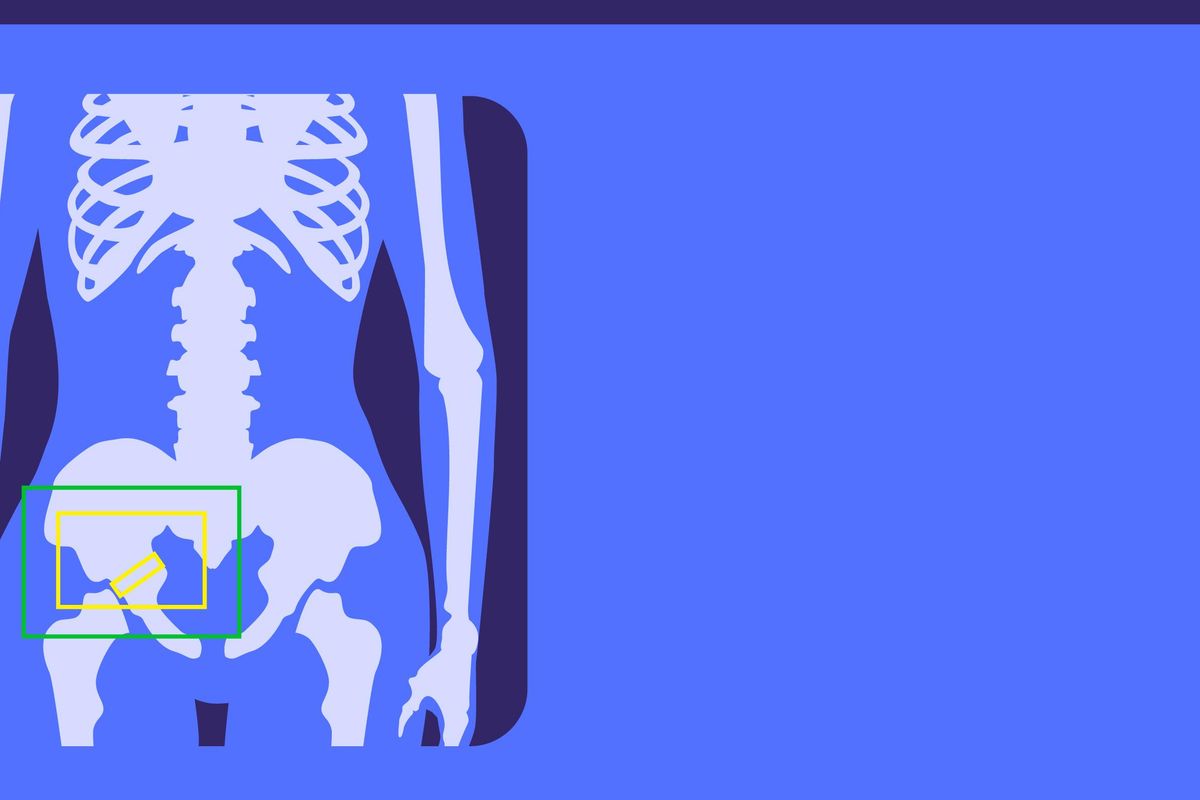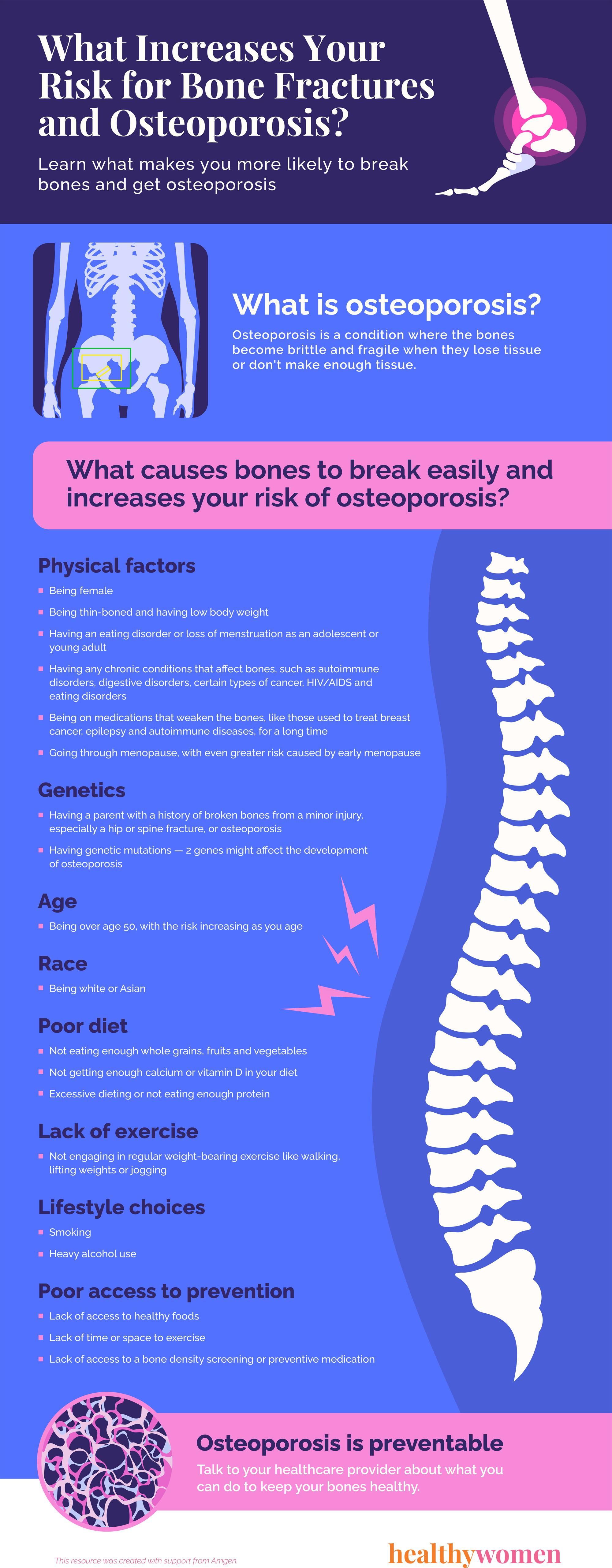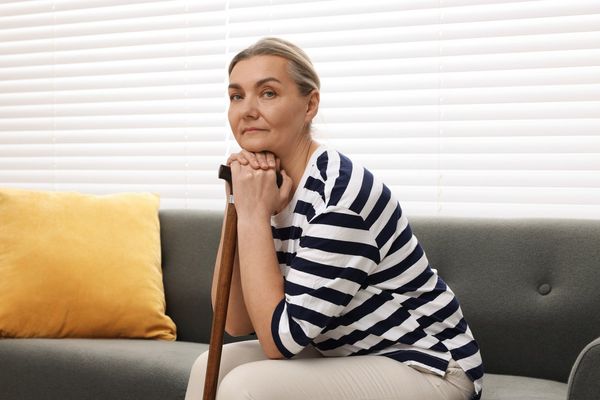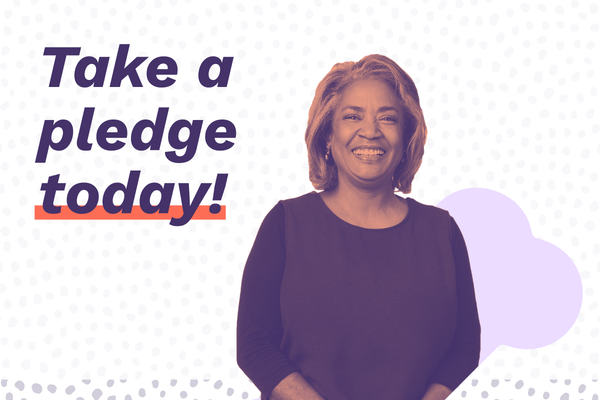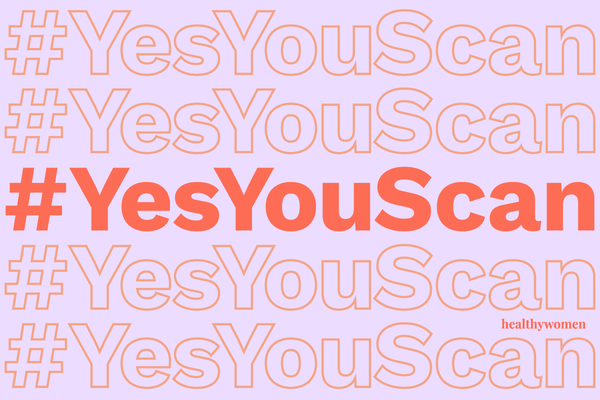What is osteoporosis?
Osteoporosis is a condition where the bones become brittle and fragile when they lose tissue or don't make enough tissue.
What causes bones to break easily and increases your risk of osteoporosis?
Physical factors
- Being female
- Being thin-boned and having low body weight
- Having an eating disorder or loss of menstruation as an adolescent or young adult
- Having any chronic conditions that affect bones, such as autoimmune disorders, digestive disorders, certain types of cancer, HIV/AIDS and eating disorders
- Being on medications that weaken the bones, like those used to treat breast cancer, epilepsy and autoimmune diseases, for a long time
- Going through menopause, with even greater risk caused by early menopause
Genetics
- A parent with a history of broken bones from a minor injury, especially a hip or spine fracture, or osteoporosis
- Genetic mutations — 2 genes might affect the development of osteoporosis
Age
- Being over age 50, with the risk increasing as you age
Race
- Being white or Asian
Poor diet
- Not eating enough whole grains, fruits and vegetables
- Not getting enough calcium or vitamin D in your diet
- Excessive dieting or not eating enough protein
Lack of exercise
- Not engaging in regular weight-bearing exercise like walking, lifting weights or jogging
Lifestyle choices
- Smoking
- Heavy alcohol use
Poor access to prevention
- Lack of access to healthy foods
- Lack of time or space to exercise
- Lack of access to a bone density screening or preventive medication
Osteoporosis is preventable
Talk to your healthcare provider about what you can do to keep your bones healthy.
This resource was created with support from Amgen.
From Your Site Articles
- I Have Postmenopausal Osteoporosis: What I Wish I Had Known ... ›
- Clinically Speaking: Questions to Ask Your Healthcare Provider ... ›
- How is Osteoporosis Diagnosed - HealthyWomen ›
- How Women of All Ages Can Prevent Osteoporosis - HealthyWomen ›
- What is Osteoporosis - HealthyWomen ›
Related Articles Around the Web

